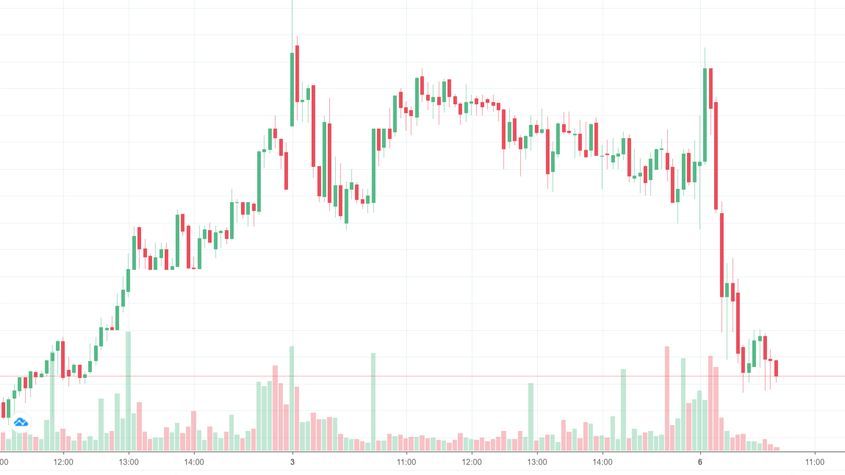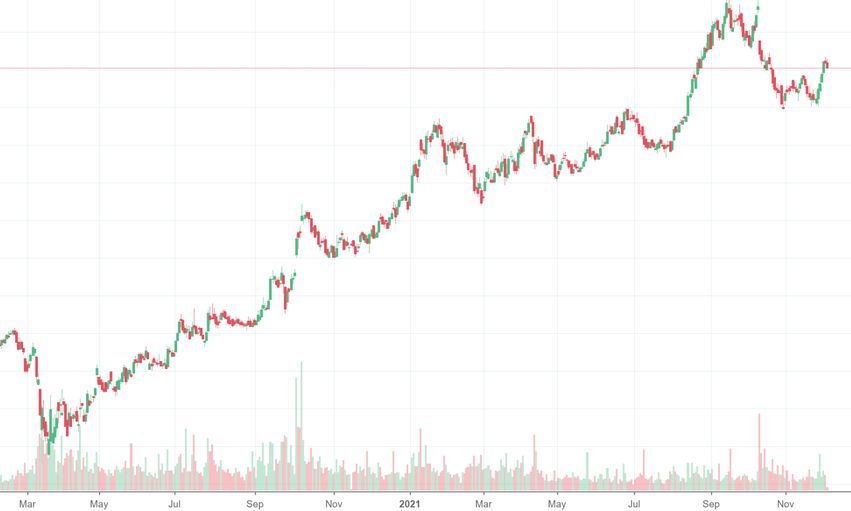Is Intraday trading good for beginners?
- Asked By
- Updated On:06-Dec-2021
- Replies:1
Short Answer
Intraday trading is more risky and challenging when compared to long-term investing. Is it not a preferred option for beginners as it requires considerable capital, expertise, adequate knowledge about trading, and multiple other factors. For beginners, the best way is to deploy the majority of your capital towards long-term investments and use the remaining for hedging or short-term trading.
Detailed Answer
What is intraday trading?
The fundamental difference between trading and investing is, you buy and sell a stock within one trading session in trading. Whereas while investing in a stock, you hold on to it for the long period (more than 1-year).
While trading intraday, you either go long (buy) or go short (sell) a stock to gain from the underlying price movement. While trading, the fundamental or the financials of a stock does not matter. The only thing matters are your prediction based on the short-term trend.
Is it good for beginners?
Before we jump on to the conclusion, let’s look at some of key differences between trading and investing.
1. Capital requirement
To trade and achieve decent returns, you will require an appropriate amount of capital. Sufficient capital will encourage you to take hedged positions. It will additionally provide the flexibility to manage and alter the existing positions.
On the other hand, you can start investing with an amount as low as Rs 100.
Although you can trade with that money as well, the returns will be extremely small and won’t create much difference to your overall portfolio. Hence, to start trading in equity or derivatives, it is essential to have sizable capital so that your winning rates increase.
2. Leverage
Intraday equity trading or derivatives trading involves leverage. This means you can take as much as 5 to 10X leverage on your capital. This can be beneficial if your view goes right, but can even ruin you if you are incorrect. Trading with leverage can wipe out your entire capital in one day if you don’t follow proper risk management rules. Whereas while investing you don’t take any additional leverage (unless you are borrowing money to invest). Here your capital won’t be wiped off in a single day, even in any worst-case scenario.
3. Risk
Risk is another factor that is amplified when it comes to intraday trading. This is because, in a short term, the price of a stock moves on the basis of market sentiments and news flow.
To extract profits from these moves is not an easy job.

Here is an intraday chart of India’s largest IT Company, TCS. By looking at it, It’s clear that there are multiple up and down price swings throughout the day.

Next, is the daily chart of TCS for the last year. Here, you can witness that the price swings are considerably lower and the general trajectory is upwards. This shows that intraday trading is riskier as the volatility can lead to losses whereas, in the long run, you will be profitable if you select fundamentally sound stocks.
4. Probability of winning
The prime objective of any individual is to make money regardless of trading or investing. By looking at the probability, it is clear that making money consistently in trading is not an easy task. Statistics claim that more than 95% of traders lose money, whereas more than 75% of investors make money in the long run. This does not mean you cannot make money by trading, but the odds are against you when you are trying to follow the intraday route of making money.
Conclusion
By looking at the above points, it is clear that intraday trading involves higher risks. At the same time, it also requires a substantial amount of skills and expertise to be able to extract profits on a regular basis. Hence, for beginners, intraday trading might not be the best idea. Although you can employ a combination of long-term investing as well as short-term trading.
You can allocate more than 80% of your total capital towards your long-term investments which would be mapped to your goals. And keep the remaining for taking short-term news and momentum-based trades or to hedge your portfolio. This way your long-term investments will stay intact, and you won't lose any major part of your capital while intraday trading.

Ask Your Query for FREE, Get quick answers from our FINTRAKK community!
Discussion (0)
Discount brokers have gained a lot of popularity in the past couple of years. Zerodha is currently India's largest and most trusted discount broker which is also the best option for beginners. It has all the necessary qualities required for a good broker like low commissions, low-maintenance charges, high-quality trading terminal, etc.
Trading can be done employing many techniques. Some of them are Intraday trading, swing trading, scalping, and positional trading. Intraday and scalping comprise two forms of trading where the positions are squared off on a particular day. Whereas in positional and swing trading, the positions are held on for weeks or months.
Compare Quantsapp vs Sensibull, their features, pricing, tools & pros and cons. Find out which options trading platform suits beginners or advanced traders in 2025.Identify what are the differences, similarities, and which one is best for option traders.
Trading in India is completely safe as all the online brokers are registered by SEBI, which is the regulating body that regulates all the trading activities in the country. Apart from this, there are certain external risks involved in trading like Market Risks, Volatility risks, and over-leveraging, etc. These types of risks can be minimised to some extent by hedging but cannot be eliminated completely.
Paytm has added its name to the stockbroking industry all through its new platforms “Paytm Money.” The platform was rolled out to customers earlier in September 2020 and had since then exploded amongst traders/investors to see the offerings set up by the company.
Zerodha is an Indian discount stock broker which provides various services to its customers. Zerodha is a paid platform with Rs 200 as account opening charges and their brokerage rates are different for each segment which are discussed in detail.
Making money off the stock market is no easy feat. It would help if you had a calculated investment while reading the stock market and ensuring that you have all the metrics checked out for making a sensible investment.
Undertaking fundamental analysis and proper research is essential before investing in any particular stock. Apart from this, you should also consider asking seven key questions like 'What does the company do', 'How is it placed among its peers', 'How is the management of the company', etc before investing in it.
Yes, one can invest in the share market with 100 rupees. So, you can start investing with as little as Rs.100 only. Isn't that interesting? There is no reason as to why one can’t invest in the stock market for 100 rupees.
There are several investing choices accessible for Indian students that might assist them in beginning their future savings. There are several options for students to build their money and make financial plans, including standard savings accounts, term deposits, and mutual funds.

